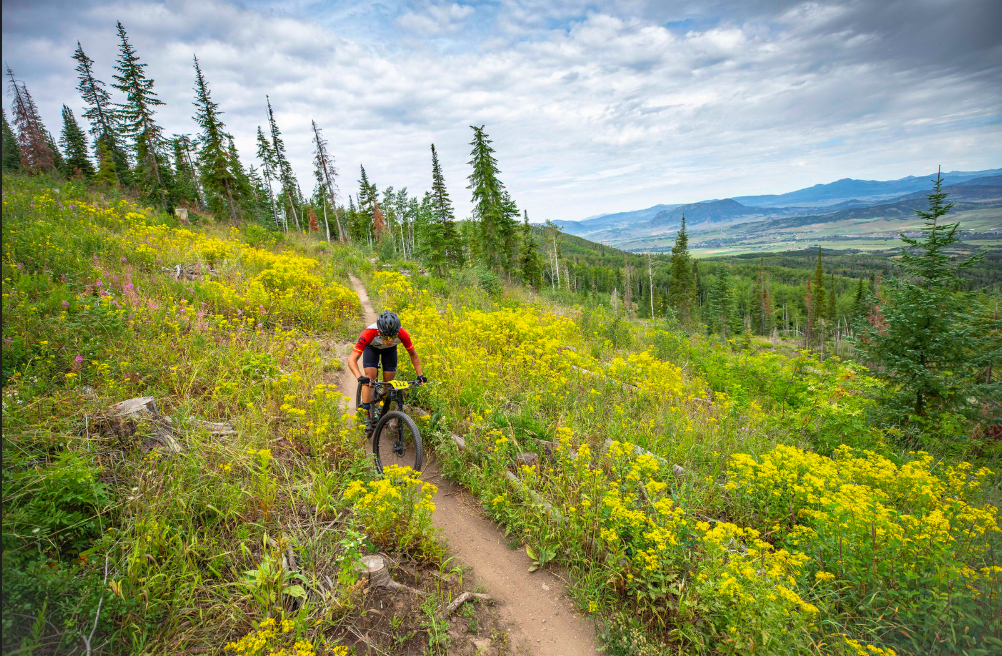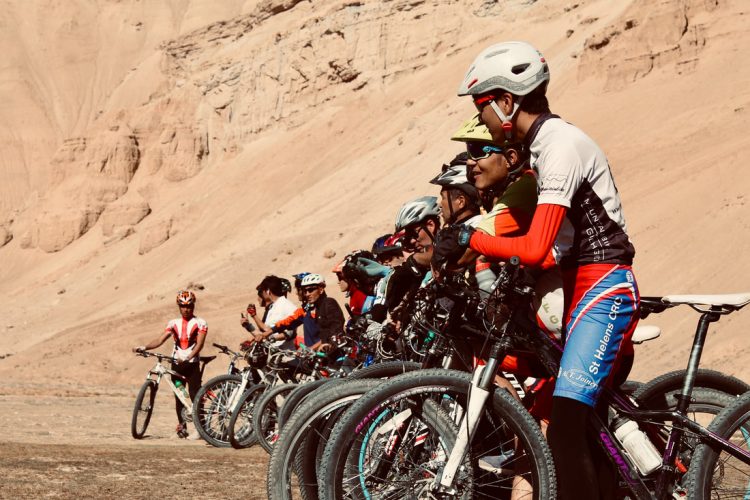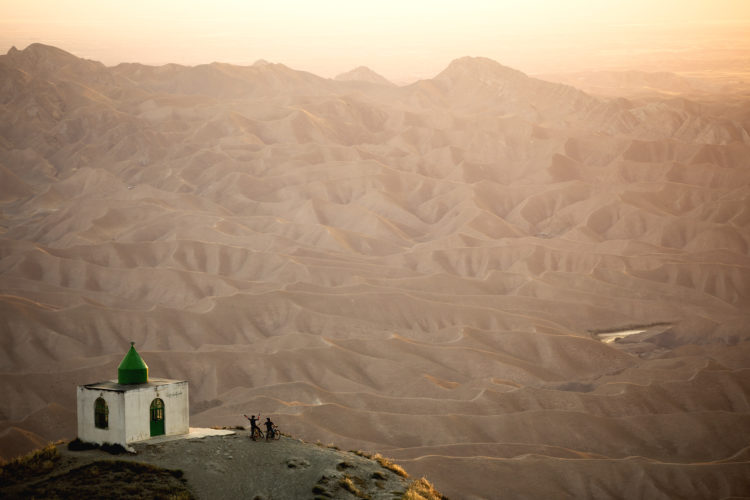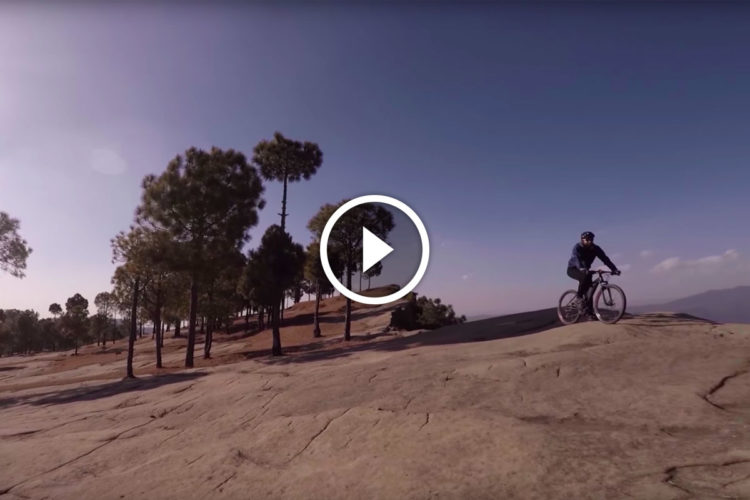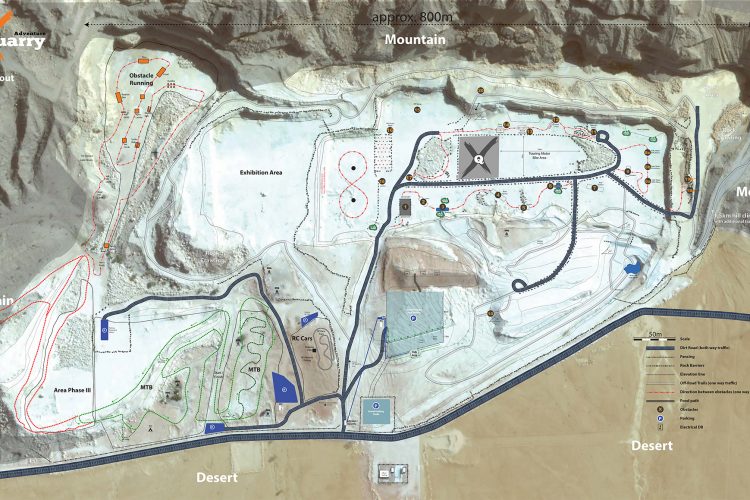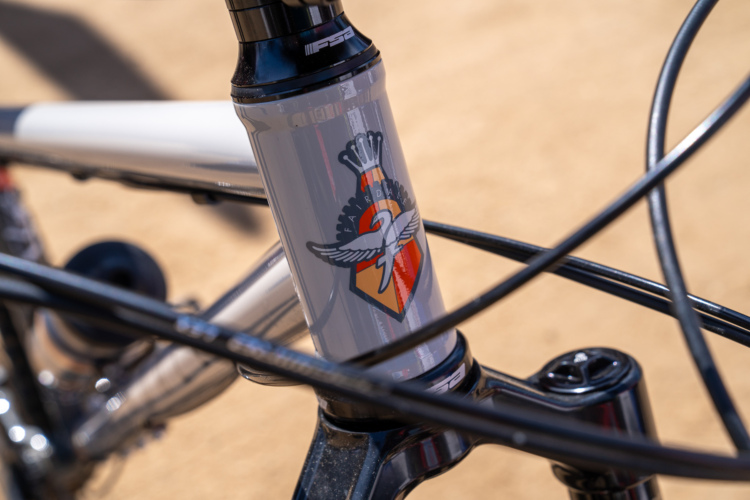
While the world has largely digested the Taliban re-takeover of Afghanistan, many Afghans themselves are stuck wondering what they’ll do in a country that is turning back 20 years of progress and changing life as they know it, or if they’ll seek refuge elsewhere. Independent media, entertainment, and education — even individualism — are all folding under another era of Taliban leadership. Riding a bicycle in the country, one of time’s lauded expressions of independence, is just as uncertain for many residents.
Now that the United States has ended their military occupation in the country, Afghanistan returns to an archaic and potentially violent Taliban hold, similar to how the country was led when the Taliban first took hold in the mid-90s.
That was when Farid Noori, founder of MTB Afghanistan, was born, and his family fled to Pakistan. They returned to Afghanistan in 2003, two years after the US invaded their country to hunt for Osama bin Laden and mitigate terrorist activity in the country. Noori recalls that when his family came back to the country, there were ruins everywhere and the government was largely dysfunctional.
At that time, Defense Secretary Donald Rumsfeld stated that major combat activity was over in Afghanistan, and Noori says that his family had hope for the country’s future. Noori’s father could have taken them to Australia, but he wanted to be a part of Afghanistan’s rebuilding.
Kabul was changing rapidly and becoming a hub for media, entertainment, and progression, encapsulating Afghanistan’s pace of change. Noori lived with his family in Kabul until 2010 when he left for the United States on a state department sponsored exchange program.
Noori listened to a choir for the first time when he got to Vermont, saw libraries everywhere, and joined a tennis club. Something unfortunate dawned on him around this time.
“It made me realize that it had robbed me of my youthfulness,” he says of growing up in and around Afghanistan. “That was not just me, it was every young person in Afghanistan.”
Noori returned to Afghanistan for a few years to help build tennis courts, as there were only a few in the entire country, and he went back to the US in 2014 to finish high school and start college in Vermont. Between high school and college he stayed with a host family in New Mexico. The family’s son happened to be mountain bike racer Macky Franklin. Noori says he went to check out one of Franklin’s races at Angel Fire and got a glimpse of what mountain biking was all about.
When he took Franklin’s bike down a quick run, he knew his life would change. “When I was coming down, I had never experienced so much joy at once.”
Noori had really only seen bikes used for commuting in Afghanistan and wanted to bring the MTB experience to his mountainous country. Shortly after, Noori started racing at the collegiate level for his school in Middlebury, Vermont. In 2018, he founded MTB Afghanistan before he graduated college and the organization gained a 501(c)(3) nonprofit status in 2019.
People in Afghanistan were slowly catching on to mountain biking, says Noori. Afghans were discovering the sport through YouTube and finding bikes through distributors in Kabul. MTB Afghanistan gained members and interest and they launched the Hindu Kush MTB Challenge, the country’s first-ever mountain bike race. It drew about 50 racers, and around 20 of them were women.
Afghanistan’s terrain naturally hints at a great potential for mountain bike trails and Noori believes that seeing the country from mountain vistas would enhance the connection between Afghans and their state; a connection that has long been hampered by the Taliban’s rule.
“I think because of the conflict in Afghanistan we have become strangers in our own country,” says Noori. “I think that seeing your country from up above is important. It’s a vision that many of us don’t have. It is one thing to be living down in the valley surrounded by problems. But, when you go up there, all of the sudden, you see something of a bigger picture. You see this beautiful valley in the context of the whole country and you see its beauty. From up there, you don’t see the problems. All you see is nature.”
MTB Afghanistan had hoped to start a sponsored earn-a-bike program, where members could trade volunteer hours building trails for a mountain bike, garnering more interest in the sport and enhancing the trail infrastructure throughout the country.
Much of MTB Afghanistan’s hopes of enriching Afghan lives through mountain biking are now on hold though. Noori says that they aren’t entirely sure what kind of cycling will be allowed under Taliban rule, but women will certainly be banned from participating. According to NPR, Afghan women are now banned from playing sports and other forms of entertainment and recreation have already been killed or are dying across Afghanistan.

Sajjad Husaini is MTB Afghanistan’s programs director and organized the Hindu Kush Mountain Bike Challenge. Husaini says they were training about three days a week and organizing a weekly race to keep riders engaged, before the Taliban began to take over. Though females are banned from sports, he says that males are struggling to stay motivated too and likely won’t participate and there will be little trust in organized sports in the country anymore because of Taliban connections.
Education looks like it will also be separated by gender and women will be barred from government positions. Likely, this is just the start.
Husaini and about eight other members from MTB Afghanistan have been able to evacuate the country and MTB Afghanistan is still raising funds and working on evacuation efforts, particularly for female athletes.
In an email, Husaini said that he’s had two periods in his life where he’s dreamt of his future: “Once in 1999, now 2021 in Italy.” Husaini was able to flee quickly with the help of the Italian military and he’s now residing near Sardegna.
Noori launched a fundraiser to help evacuate as much of the MTB Afghanistan team as possible. So far, they’ve raised about $131,000, but are still trying to help relocate 21 cyclists and their families. Noori and others are trying to cope with the fact that cycling and mountain biking in the country will change and they will need to find out how bicycles fit into the country again.

“When I think about these things, I think that even the Taliban fighters had a childhood in Afghanistan, somewhere in these mountains that they run up and down the valleys, that they enjoyed doing exactly the things that MTB Afghanistan wants to bring to a lot of Afghans,” says Noori.
He’s not sure when and if he’ll return to Afghanistan. That will depend on how things evolve. But, MTB Afghanistan will keep an eye toward the future in hopes that one day, more Afghans and Afghan women will be able to ride a bicycle without worry again, and see the country from above.
“For me, and this will be sad for my generation, we may not be able to see Afghanistan the way we want it to be in our lifetimes, but we can plant the seeds, so maybe in 100 years, it will be what we wanted it to be.”











